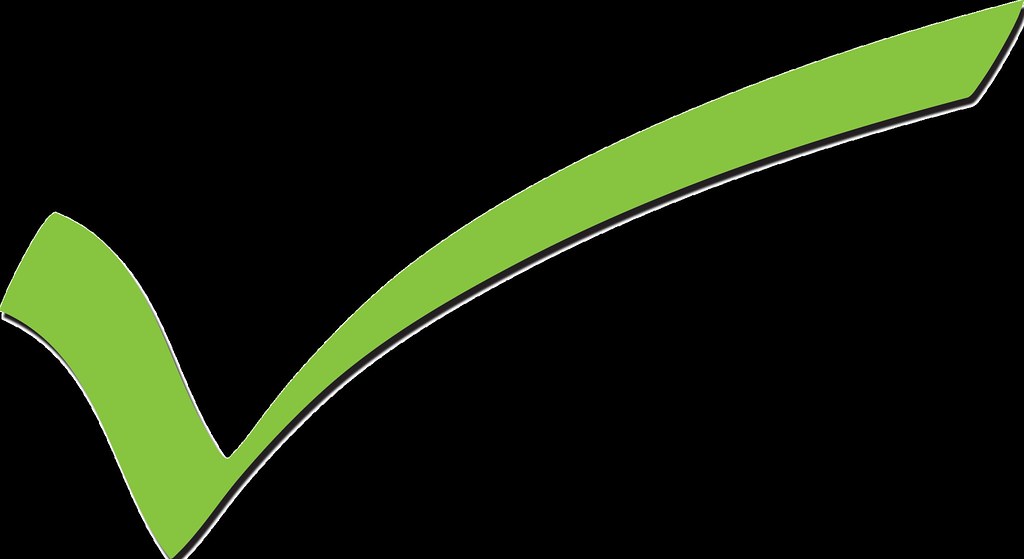
There is no simple formula for evaluating sources; evaluation always depends on the facts of your own rhetorical situation.
Here is a basic framework you can use to evaluate your rhetorical situation and analyze how well your sources support it.
NOTE: For many of these questions, you may need help figuring out the answers. Do you know enough about research in this discipline to answer this question? Asking professors in the field, or librarians who work with this literature, may help.
This framework is adapted from one created by Oregon State University librarian Anne-Marie Deitering in The Academic Writer, by Lisa Ede
 What Is a Fact?
What Is a Fact?A fact is a statement that can be verified. A statement of opinion is not a fact. As a fact-checker, you are working with content that is written, not researching new material. Therefore, you must read the document and identify and extract all content in need of fact checking.
The first step is to read through the entire document. Next, read the document again, this time highlighting, underlining, or marking all facts that can be verified, including phrasing and word choices such as “always” and “exactly." The following are common places to start when fact-checking:
Choose quality resources to verify facts. In addition to many of the resources listed throughout this guide, databases that provide background information contained in dictionaries/encyclopedias are good starting points because of their quick overviews and easy-to-read nature. Try some of the following:
[Some of this text is from www.scienceliteracyproject.org authored by Jennifer Jongsma.]
 Fact Checking Websites
Fact Checking WebsitesFact-checking sites are useful tools for helping users distinguish between the truth and rumors. Like all websites, fact-checking sites may have biases towards a certain group or issue. Take time to evaluate who is running the site, how the site is funded, and what type of information is being provided when using these types of sites.
 After you have decided that a source is potentially useful, read it carefully and critically, asking yourself the following questions about how this research fits your project:
After you have decided that a source is potentially useful, read it carefully and critically, asking yourself the following questions about how this research fits your project:
Adapted from Easy Writer (4th ed.)